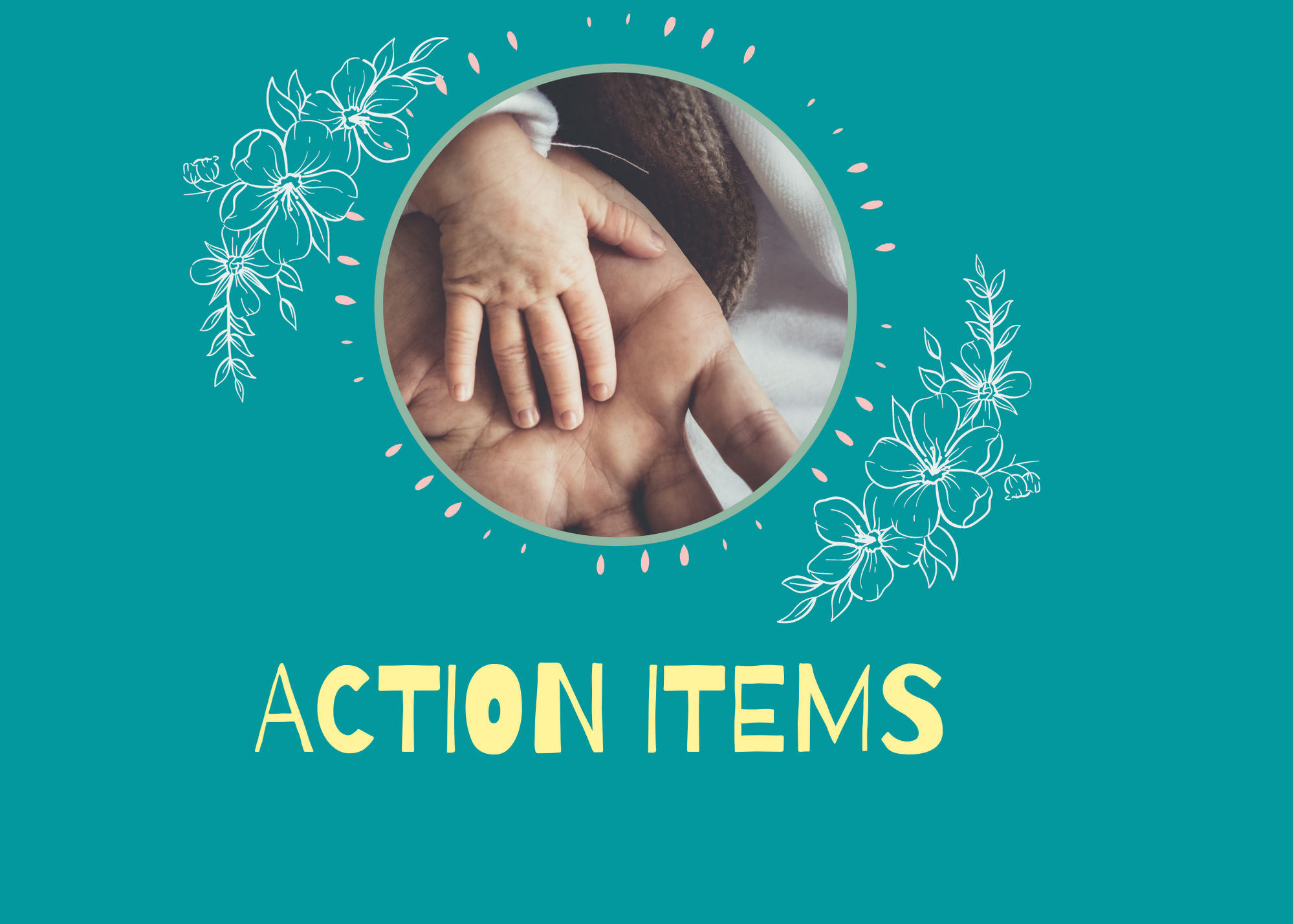
6 Months
Developmental Milestone
Language: When babies hear a sound, they’ll respond back by making their own sounds. At this age, babies will turn to you when they hear their names. They’ll finally recognize it as their own. They will love to laugh and make squealing sounds. Soon, you’ll also see them trying to put together vowel sounds. Their babbling will begin to have consonant sounds such as those with “m” and “b” sounds.
Brain Development: Babies love to soak up information. They’ll look at everything around them. They’ll also reach for things that are out of their reach. You’ll notice that they love putting things into their mouth. Some of their earlier simple reflexes are gone, and they’ll develop more mature reflexes. For example, if they start to fall sideways, they might put their arms out to keep themselves from falling. This is called a parachute reflex.
Movement: Babies can finally sit up without any help from you. Expect a lot more movement from your baby, whether it’s wriggling across the room or just being on their hands and knees. If you hold them up, they’ll also start bouncing on their legs. Some babies may even begin to crawl around this age. They’ll also love to pass things from one of their hands to the other.
Food: This may be the time to start giving them solid food.
Physical: This may also be the time when your baby gets their first teeth. Expect some signs of teething such as lots of drooling, some red cheeks, and their gums may be feeling sore.
Social-Emotional Milestone
A 6-month-old can recognize faces that they don’t know. Some babies who have yet to develop stranger anxiety are more likely to smile, giggle, and be more social with other people.
They can also react to people’s feelings. When looking at themselves in a mirror, they might get really happy. They do enjoy playing with others, especially their parents.
Did You Know
Did You Know? Around 6 months of age, a baby can begin to start eating more solid foods. Even though the baby will still be drinking up to 24 to 30 ounces of milk every day, you can start to feed them 1 or 2 tablespoons of cereal, fruit, or vegetables. Here are more articles on how this change in diet can happen. [Article]
Did you know? When a baby has their first teeth, it is important to keep them healthy through brushing. Check out this article on how to keep a baby’s teeth healthy. Please remember to visit your dentist first before making any changes. [Article]
Action Items
To help out with a baby's growth, try getting toys that will help promote different activities. These could include toys such as stacking toys ( different sizes and colored rings), Crawling toys (those that encourage crawling like cars, trains), balls that make music, and colorful board books can help to keep the baby entertained. Make sure there are plenty of safe chewing toys to have.
The baby will enjoy it if you hold them up so they can start practicing their walking. This also helps strengthen their leg muscles.
The baby will also love to put things on their mouth so make sure only toys that are safe to chew on are around them.
Some fun bonding activities for 6 months old include playing finger games with your baby like an itsy bitsy spider or any fun songs that you can repeat.
Teddy bears can help a baby company as they chatter away. Make sure to let your baby talk to their toy companion and don’t interrupt their conversation. This should stay the same even when you guys are talking. Don’t interrupt your baby and only respond when you have let them take a break from babbling



